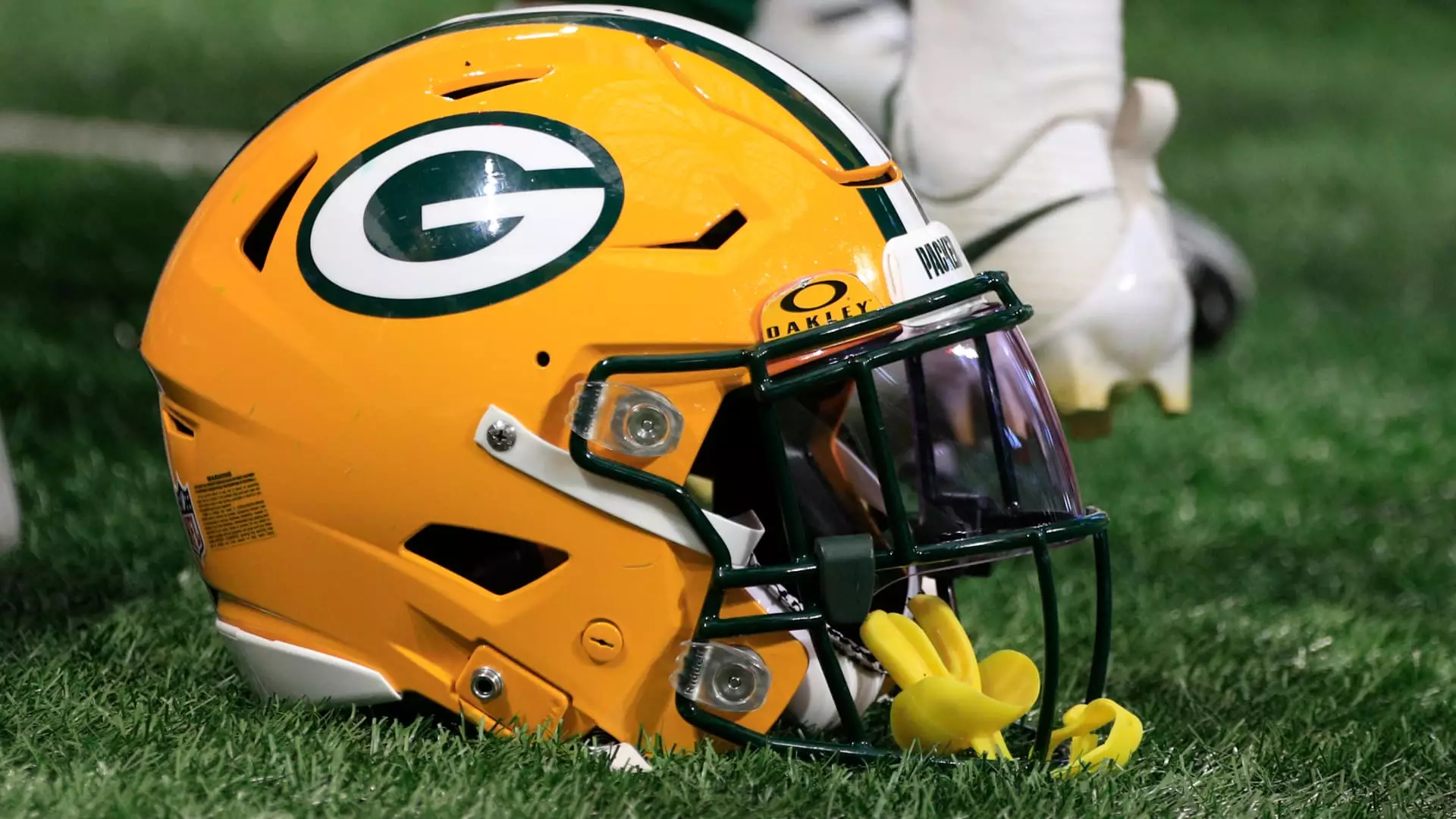The Green Bay Packers, a storied National Football League franchise, stands out among its counterparts for its unique ownership structure. Unlike the other 31 NFL teams, the Packers operate more like a publicly traded company, with ownership dispersed among individual stockholders. This unorthodox model sets them apart as the lone publicly owned team in the four major North American professional sports leagues.
Established over a century ago, the Packers have conducted a total of six stock offerings, dating back to 1923. These offerings, which have taken place periodically over the years, have resulted in over 5.2 million outstanding shares held by a loyal base of more than 538,000 individuals. Despite the hefty valuation of $6.3 billion in 2024, these shares do not confer any financial benefits to their owners.
While shareholders have the opportunity to attend the team’s annual meeting and participate in electing a board of directors, their ownership does not translate into monetary gains. The shares do not pay dividends, are nontransferable except within families, and lack any intrinsic market worth. The only recourse for shareholders seeking to monetize their stake is to sell it back to the team at a fraction of the original share price.
An Unconventional Business Model
Operated as a nonprofit entity, the Packers allocate their annual revenue towards player salaries, stadium upkeep, and promotional activities. The team’s financial structure ensures that ownership funds are reinvested back into the organization rather than distributed as profits to shareholders. This approach, while unorthodox in the realm of professional sports, has enabled the Packers to weather financial challenges and undertake major stadium redevelopment projects.
Despite their unconventional ownership model, the Packers face limitations in terms of share ownership. With a cap of 200,000 shares per individual, the team restricts ownership to less than 4% of outstanding shares. This limitation, combined with the sporadic nature of stock offerings, poses a significant barrier for potential shareholders seeking to acquire a stake in the team.
In addition to their unique ownership structure, the Packers distinguish themselves through their long-term stability and success on the field. As the smallest television market among NFL teams, Green Bay has defied conventional wisdom, consistently fielding competitive squads and maintaining a devoted fan base. Despite facing criticism from rival fans and organizations, the Packers’ sustained excellence at the quarterback position highlights their commitment to continuity and success.
The Green Bay Packers’ distinctive ownership model and operational philosophy set them apart as a true outlier in the NFL landscape. By prioritizing fan engagement and community ownership, the Packers have cultivated a sense of loyalty and tradition that endures through generations. While their unconventional approach may not appeal to private equity investors seeking financial returns, it exemplifies a commitment to the team’s legacy and long-term sustainability.

